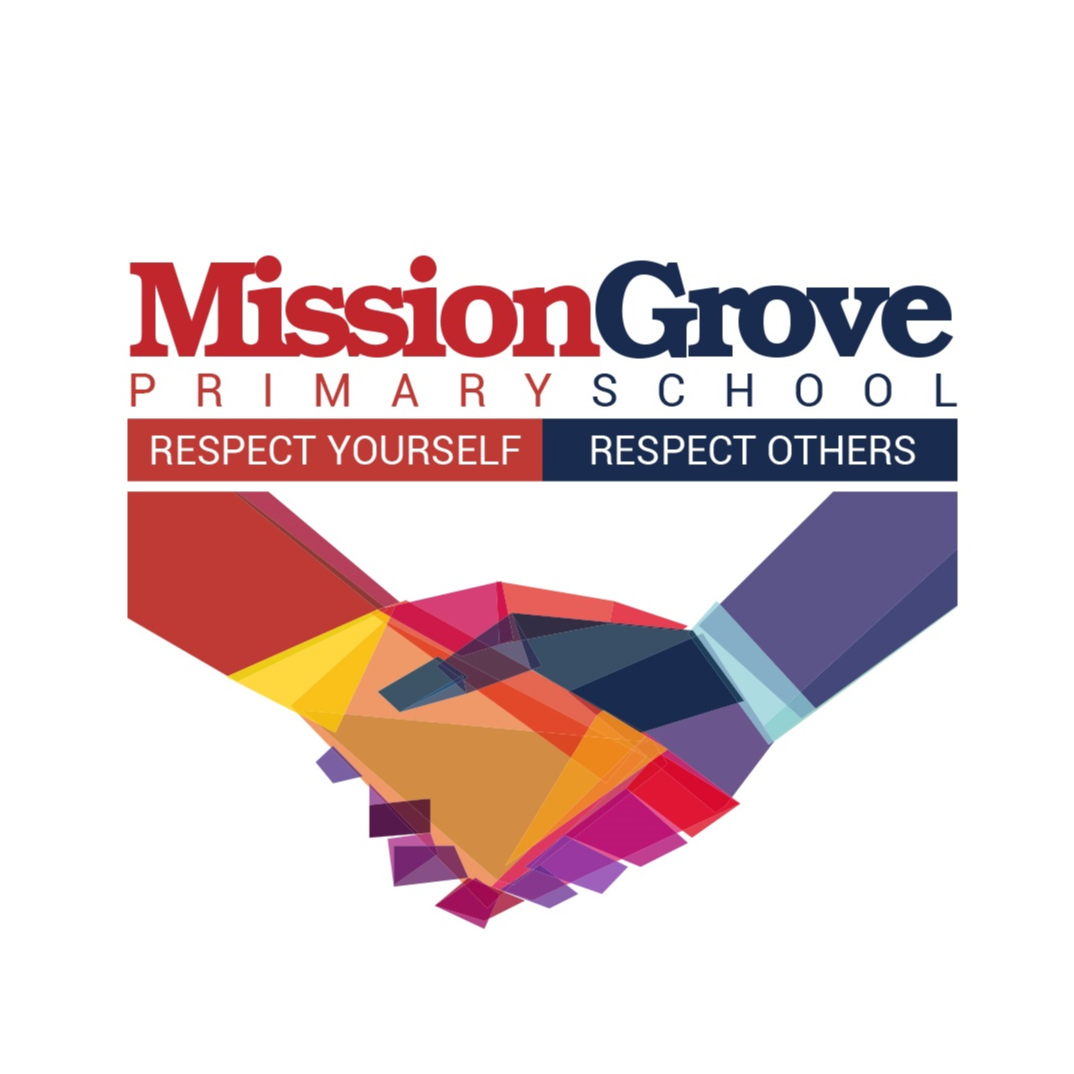Geography
INTENT
At Mission Grove, we believe that Geography stimulates interest and passion about the world we inhabit. We want to help children enquire and make sense of the complex and dynamically changing world. Their curiosity should last for the rest of their lives and help them feel connected to a diversity of places, societies, and natural and human environments. Geography should inspire our children to become global citizens by explaining their own place in the world, their values and their responsibilities to other living things. Geographical enquiry should encourage questioning, investigation and critical thinking about issues affecting the world and people’s lives now and in the future. They should also understand the physical and human processes of our planet (e.g. the water cycle, volcanoes etc.)
CHARACTERISTICS OF A GEOGRAPHER:
- An excellent knowledge of where places are and what they are like.
- An excellent understanding of the ways in which places are interdependent and interconnected and how much human and physical environments are interrelated
- An extensive base of geographical knowledge and vocabulary.
- Fluency in complex, geographical enquiry and the ability to apply questioning skills and use effective analytical and presentational techniques.
- The ability to reach clear conclusions and develop a reasoned argument to explain findings.
- Significant levels of originality, imagination or creativity as shown in interpretations and representations of the subject matter.
- Highly developed and frequently utilised fieldwork and other geographical skills and techniques.
- A passion for and commitment to the subject, and a real sense of curiosity to find out about the world and the people who live there.
- The ability to express well-balanced opinions, rooted in very good knowledge and understanding about current and contemporary issues in society and the environment.
IMPLEMENTATION
Geography in our school is taught in accordance with the National Curriculum for Geography and Foundation Stage Curriculum for Understanding of the World
National Curriculum - Geography
At Mission Grove we have further broken down the National Curriculum content into components and sequenced that content in a logical progression, systematically and explicitly so that all pupils acquire the intended knowledge and skills.
We alternate our Geography and History topics ensuring that our children receive a well-rounded teaching of the humanities subjects throughout the year. At times, we take the opportunity to create links between the two subjects to help solidify the learning taking place. Each individual lesson has content that ensures that pupils understand key concepts, and that they can transfer key knowledge to long-term memory.
Key geographical knowledge and language (such as, the name and location of continents, countries, capital cities and oceans) is revisited frequently, to make learning memorable, relevant and easy to retrieve.
We support learning with trips to inspire our children and widen their cultural experiences. For instance, our Year 1 have the opportunity to visit a coastal town in order to compare it to their local area and then in Year 5 our pupils undertake a more in-depth study by visiting Brighton Beach. Teachers are also encouraged to use a range of resources such as videos, photographs and newspaper articles during lessons to help create immersive learning experiences.
IMPACT
The impact of our Geography curriculum is measured in a variety of ways: questioning during lesson time, marking children’s written work, retrieval practice, listening to child-led discussion, interviewing pupils across the school about their learning, book trawls and using images/videos of children’s practical learning. Teachers track pupils progress using INSIGHTS Assessment.
As children progress throughout the school, they develop a deep knowledge, understanding an appreciation of their local area and its place within the wider geographical context
Aspirations for the future
Pupils should develop an understanding of how specific geography skills are linked to future jobs. Some of our children may want to be a Marine Biologist, Helicopter Mission Controller, Forester, Farmer, Cartographer, Town Planner, Conservation officer, Environmental Consultant or Landscape Architect.
